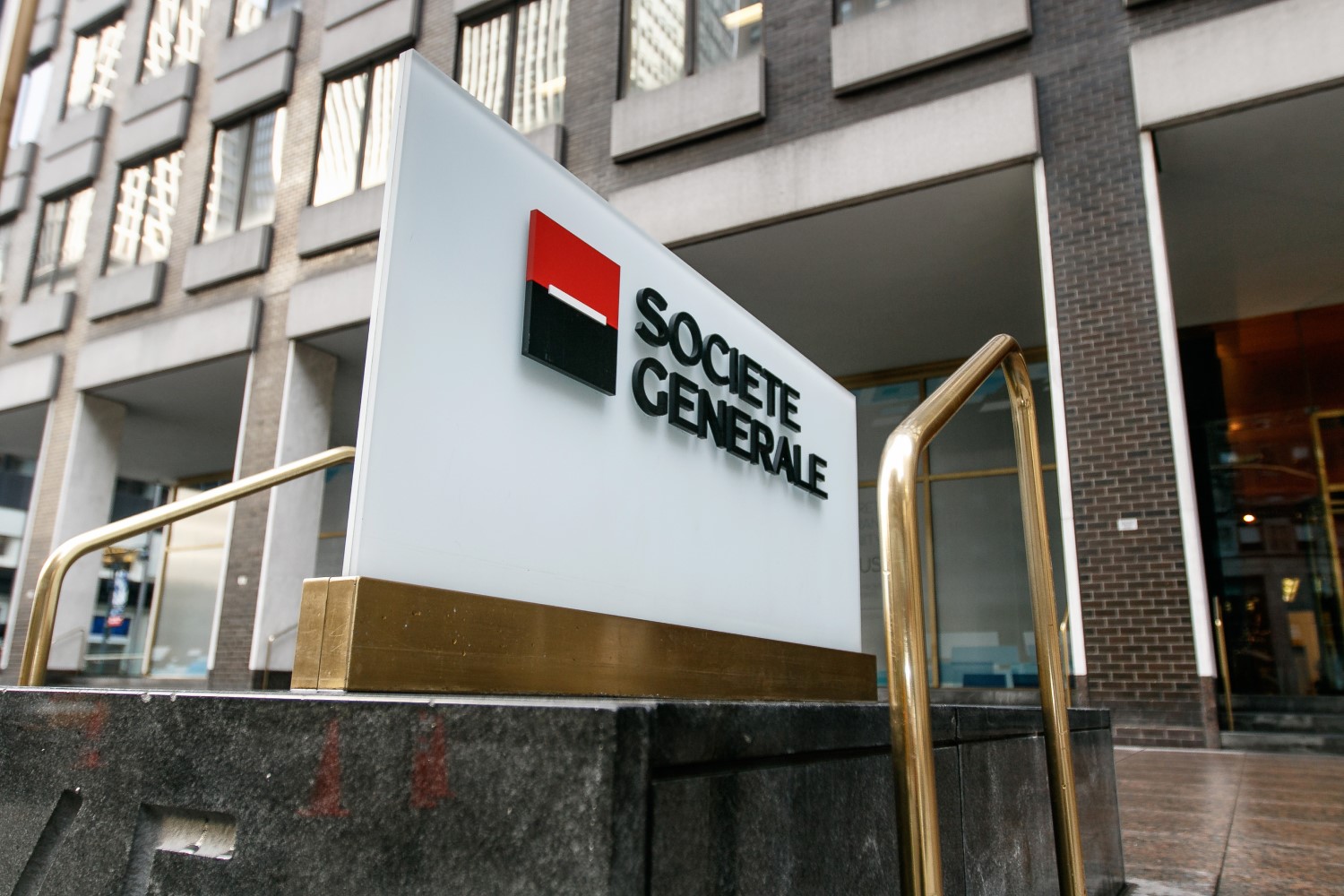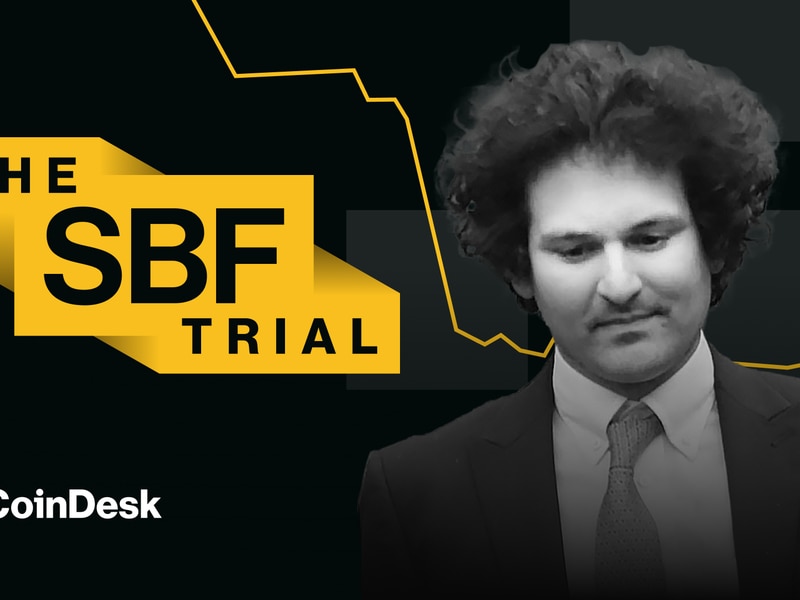Balaji Closes Bitcoin Bet With $1.5M in Donations, Including $500K for Bitcoin Core Development
:format(jpg)/s3.amazonaws.com/arc-authors/coindesk/86c43cde-6640-4a7c-98af-5e25273f0e17.png)
Stephen Alpher is CoinDesk’s co-regional news chief, Americas. He holds BTC above CoinDesk’s disclosure threshold of $1,000.
Balaji Srinivasan on Tuesday said his $1 million bet on bitcoin (BTC) has been closed out ahead of time, and he has donated $1.5 million ($500,000 more than required) to three different entities as settlement.
The former chief technology officer at crypto exchange Coinbase and a former partner at venture capital firm Andreessen Horowitz, Srinivasan in mid-March – shortly after the failures in short order of Silvergate Bank, Signature Bank and Silicon Valley Bank – said he expected a banking crisis to trigger a sizable devaluation of the U.S. dollar, hyperinflation and a surge in bitcoin to $1 million by mid-June. He put up $1 million to back his prediction.
“I just burned a million to tell you they’re printing trillions,” he tweeted Tuesday afternoon. “I spent my own money to send a provably costly signal that there’s something wrong with the economy, and that it’s not going to be a ‘soft landing’ like [Federal Reserve Chair Jerome] Powell promises – but something much worse.”
He noted that current U.S. Treasury Secretary Janet Yellen was at the Federal Reserve ahead of the 2008 global financial crisis and failed to sound any alarms, nor did the then-chairman of the Fed, Ben Bernanke. Today’s crop of leaders, Powell among them, are similarly in denial, argued Srinivasan.
Crises, he reminded, can move far more quickly than anyone imagines. Srinivasan claimed that it took two days for the Fed to print $300 billion following the Silicon Valley Bank failure, two weeks for $500 billion to leave the banking system, two months to go from “patient zero” to national lockdown during COVID-19, two quarters to go from mild recession to financial crisis in 2008 and two years for the Soviet Union to go from superpower to collapse in 1991.
Others have a different interpretation of the $300 million growth in the Fed’s balance sheet post-Silicon Valley Bank. Economist and former Fed staffer Danielle DiMartino Booth argued at the time that the quick jump was not money printing, but instead a surge in Federal Reserve discount window and other borrowings by the nation’s banks.
In closing out his $1 million bet, Srinivasan made three $500,000 donations, one to fund Bitcoin Core development at Chaincode Labs, one to Give Directly and one to pseudonymous Twitter user James Medlock, who back in March offered to bet $1 million that the U.S. would not experience hyperinflation.
Update (21:35 UTC, May 2, 2023): Adds comment from DiMartino Booth.
Edited by Marc Hochstein.
DISCLOSURE
Please note that our
privacy policy,
terms of use,
cookies,
and
do not sell my personal information
has been updated
.
The leader in news and information on cryptocurrency, digital assets and the future of money, CoinDesk is a media outlet that strives for the highest journalistic standards and abides by a
strict set of editorial policies.
CoinDesk is an independent operating subsidiary of
Digital Currency Group,
which invests in
cryptocurrencies
and blockchain
startups.
As part of their compensation, certain CoinDesk employees, including editorial employees, may receive exposure to DCG equity in the form of
stock appreciation rights,
which vest over a multi-year period. CoinDesk journalists are not allowed to purchase stock outright in DCG
.
:format(jpg)/s3.amazonaws.com/arc-authors/coindesk/86c43cde-6640-4a7c-98af-5e25273f0e17.png)
Stephen Alpher is CoinDesk’s co-regional news chief, Americas. He holds BTC above CoinDesk’s disclosure threshold of $1,000.
Learn more about Consensus 2023, CoinDesk’s longest-running and most influential event that brings together all sides of crypto, blockchain and Web3. Head to consensus.coindesk.com to register and buy your pass now.
:format(jpg)/s3.amazonaws.com/arc-authors/coindesk/86c43cde-6640-4a7c-98af-5e25273f0e17.png)
Stephen Alpher is CoinDesk’s co-regional news chief, Americas. He holds BTC above CoinDesk’s disclosure threshold of $1,000.









